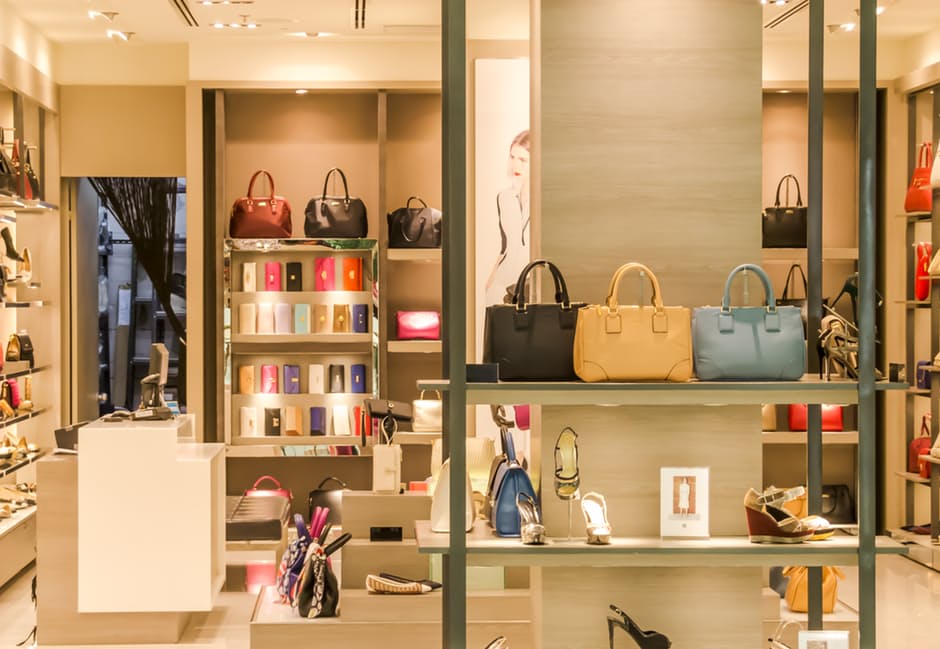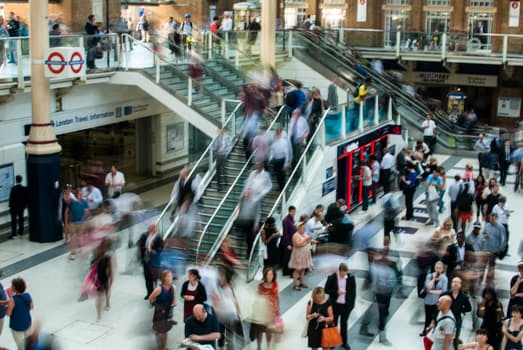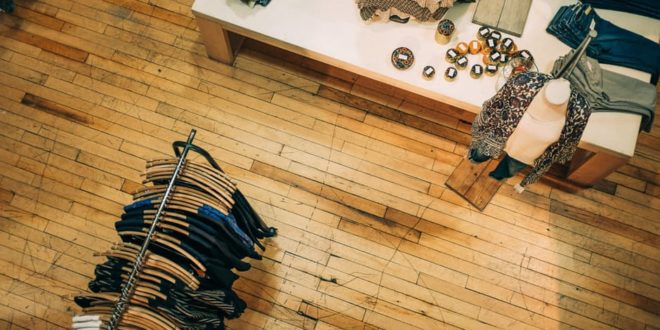Why you should care, and how to dress with a conscience
 Whether you’re flipping through a catalogue or gazing at the gleaming glass walls of a shopfront, it’s easy to get swept up in the romance of fashion. But what so many people don’t realise is that every square inch of fabric comes at a cost. And we’re not just talking about the price tag. Whether you’re stocking up on essentials or splashing out on a designer piece, all garments are ingrained with environmental, economic and humanitarian costs.
Whether you’re flipping through a catalogue or gazing at the gleaming glass walls of a shopfront, it’s easy to get swept up in the romance of fashion. But what so many people don’t realise is that every square inch of fabric comes at a cost. And we’re not just talking about the price tag. Whether you’re stocking up on essentials or splashing out on a designer piece, all garments are ingrained with environmental, economic and humanitarian costs.
The incredible news is that according to the latest findings from a Colmar Brunton survey, New Zealanders are well aware of the importance of embracing sustainable fashion. Researchers found that a huge 90% of Kiwis want to buy ethically and socially responsible products, but don’t necessarily know how to make the switch.
So, to help shed some light on the concept we’ve put together a beginner’s guide to sustainable fashion. We’ve covered what it means and why it matters, and also included some tips on how to up your sustainable fashion game.
The rise of ‘fast fashion’
 ‘Fast fashion’ has transformed the way we dress, with seasonal wardrobe updates now the norm. We can channel trends at our fingertips, and it’s all thanks to affordable pieces that mean trends come and go faster than pieces at a Ballantynes, H & J Smith or Farmers clearance sale.
‘Fast fashion’ has transformed the way we dress, with seasonal wardrobe updates now the norm. We can channel trends at our fingertips, and it’s all thanks to affordable pieces that mean trends come and go faster than pieces at a Ballantynes, H & J Smith or Farmers clearance sale.
But as the western world indulges an insatiable hunger for fashion, others are struggling to feed their families. And you can bet that this definitely isn’t advertised on the beautifully designed price tag.
Basically, it’s important for consumers to understand that what may look irresistible draped on a mannequin, may not necessarily have the most glamorous roots. How was the fabric dyed? Where was it sourced from? And at what cost? Who stitched the seams? How was it shipped? These are all questions that are rarely asked, but absolutely should be.
The cold, hard, fast fashion facts
Fast fashion can be brutal, and to us there’s no better way to capture the magnitude of the situation than with a few juicy facts.
- While brands rake in millions, the average garment worker earns around 25 cents an hour.
- Globally, there are around 100 to 200 million children working in sweatshops.
- People are quite literally dying for trends, with disasters like the Bangladesh Rana Plaza factory collapse killing more than 1100 workers. Garments were being created for a string of high profile western brands, which were more than happy to ignore the dangers in exchange for ultra-cheap fashion.
The worst offenders*
This is by no means an exhaustive list, but it does shed a little light on some of the worst offenders in the fast fashion business.
- H&M – When it comes to fashion crimes, H&M is a brand to avoid. People have died in H&M factory fires, they notoriously underpay their garment workers and the brand was even caught selling fraudulent ‘organic’ cotton.
- Zara – This high-street brand just keeps landing itself in hot water, and is regularly accused of right violations and child labour.
- Glassons – is one New Zealand retailer that has significantly improved on last year’s score. In 2015, it scored an F in the workers rights, monitoring and training, and traceability and transparency categories for not disclosing its practices.
- Uniqlo – Crafted in Chinese factories, Uniqlo is another big offender when it comes to long hours, feeble pay and terrible working conditions.
*as of the publishing date Feb 2017.
If you do own pieces from any of these brands, don’t stress. We’re absolutely not suggesting that you need to purge your wardrobe in an ethical fashion standoff. We’re not even saying you shouldn’t shop with these brands anymore. But what we would love is for people to think twice about where their garments come from, and at what cost.
Want to know more? The Register is a fantastic place to get the scoop on brand performance and help clean up your fast fashion act.
Brands we love
Of course, not all labels are the enemy. In fact, for every 100 brands that are taking advantage, there’s one label that’s passionate about pioneering sustainable fashion.
What we love about ethical fashion brands is that every piece is backed by an incredible story. So, that t-shirt isn’t just a t-shirt. It may have helped feed a family, keep a farmer in business or buy a goat. Or maybe it empowered women or helped school underprivileged children.
Beyond helping others, sustainable fashion can also be simply about supporting local businesses, and buying homegrown pieces that don’t even touch on exploitation.
Looking for inspiration? Here’s some brands that have us swooning…
- Kowtow – Based in NZ, Kowtow creates 100% ethical and organic clothing, from seed to garment.
- Trade Aid – Trade Aid brings justice to international trade, provides their trading partners with hope for a brighter future and creates positive change in their lives.
- Liminal Apparel – Sells Freeset fair trade organic bags, t-shirts and hoodies. If you need custom printed bulk orders or a one off for your wardrobe.
- Country Road and Trenery – Pay improved wages to workers in part of their supply chain.
Do you have any suggestions or ethical brands you love? We’d love to hear about them!
At the end of the day, saying no to that $5 H&M tee and splashing out on a $40 alternative isn’t always easy. But ultimately, you’ll get to step out not just in style, but also with the composure and pride that you’re a sustainable fashion pioneer.









Join the Discussion
Type out your comment here:
You must be logged in to post a comment.